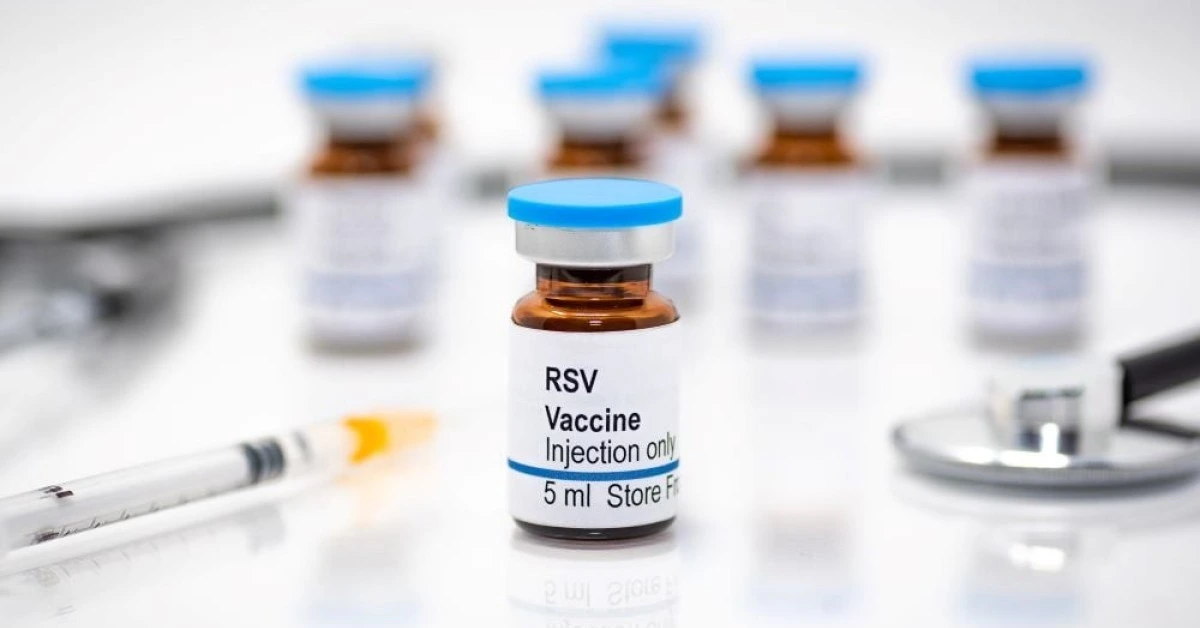
BELGIUM – The European Commission (EC) has expanded the approval of Pfizer’s respiratory syncytial virus (RSV) vaccine, Abrysvo, to include adults aged 18 to 59 years who are at an increased risk of lower respiratory tract disease caused by RSV.
This expansion builds upon the vaccine’s initial approval in August 2023, which was for individuals aged 60 and older.
The approval follows a recommendation from the European Medicines Agency (EMA) and aligns with the U.S. Food and Drug Administration (FDA) decision to authorize the vaccine for the same age group in October 2024.
Addressing the growing need for RSV vaccines
RSV is a highly contagious virus that causes severe respiratory illness, particularly among infants, older adults, and individuals with underlying health conditions.
It is one of the leading causes of lower respiratory tract disease, often leading to pneumonia and hospitalization.
The expanded approval of Abrysvo is significant because it allows for broader protection in the adult population, particularly those who are at higher risk due to factors such as chronic health conditions or compromised immunity.
In addition to protecting adults, Abrysvo is also authorized to prevent RSV-related complications in pregnant individuals between 24 and 36 weeks of gestation.
This can help protect infants from birth up to six months of age, providing a comprehensive strategy for safeguarding vulnerable populations from RSV.
Competition in the RSV vaccine market
Pfizer’s expansion into the 18 to 59 age group places it in direct competition with GlaxoSmithKline (GSK), which has developed its own RSV vaccine, Arexvy.
While GSK has secured approval for Arexvy in older adults, it has yet to receive approval for the younger high-risk group, which could give Pfizer an edge in the market as demand for vaccines grows.
Despite these promising developments, sales of both Pfizer’s and GSK’s RSV vaccines saw significant declines in the last quarter of 2024.
Pfizer reported a 62% year-over-year drop in Abrysvo sales, citing reduced vaccination rates due to updated U.S. guidelines.
GSK’s Arexvy also saw a decline of 69% in the same period, primarily due to a more limited recommendation for adults aged 60 to 74.
Positive early results in the UK
In the UK, early real-world data suggest that Abrysvo is having a positive impact. The UK Health Security Agency (UKHSA) reported a 30% reduction in hospital admissions among individuals aged 75 to 79 years, following the launch of the RSV vaccination program in September 2024.
This program, which covers both older adults and pregnant women, is expected to show further positive results as vaccine uptake increases.
In a significant win for Pfizer, the company secured a contract to supply approximately five million doses of Abrysvo to England and Northern Ireland for use in older adults and pregnant women over the next two years.
This move positions Pfizer as a key player in the UK’s RSV vaccination efforts, potentially giving it a long-term advantage over competitors.
Long-term market projections
While Pfizer has made significant strides with Abrysvo, long-term market projections still favor GSK, with estimates suggesting that Arexvy could generate US $2.4 billion in revenue by 2030, compared to Pfizer’s expected US $1.5 billion for Abrysvo.
However, Pfizer’s recent regulatory successes and the promising early data from the UK could help it gain market share in Europe, particularly if the impact of the vaccine continues to show favorable outcomes.
XRP HEALTHCARE L.L.C | License Number: 2312867.01 | Dubai | © Copyright 2025 | All Rights Reserved